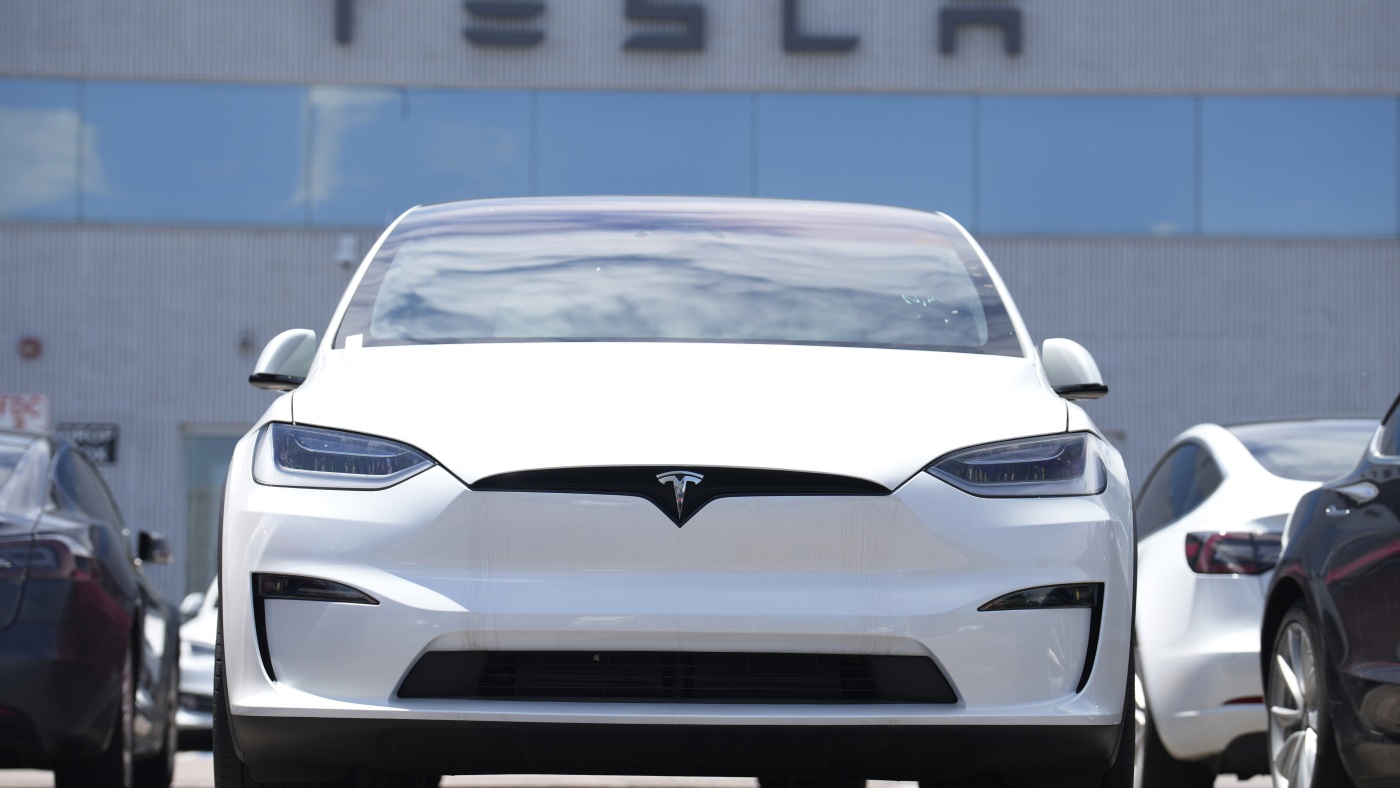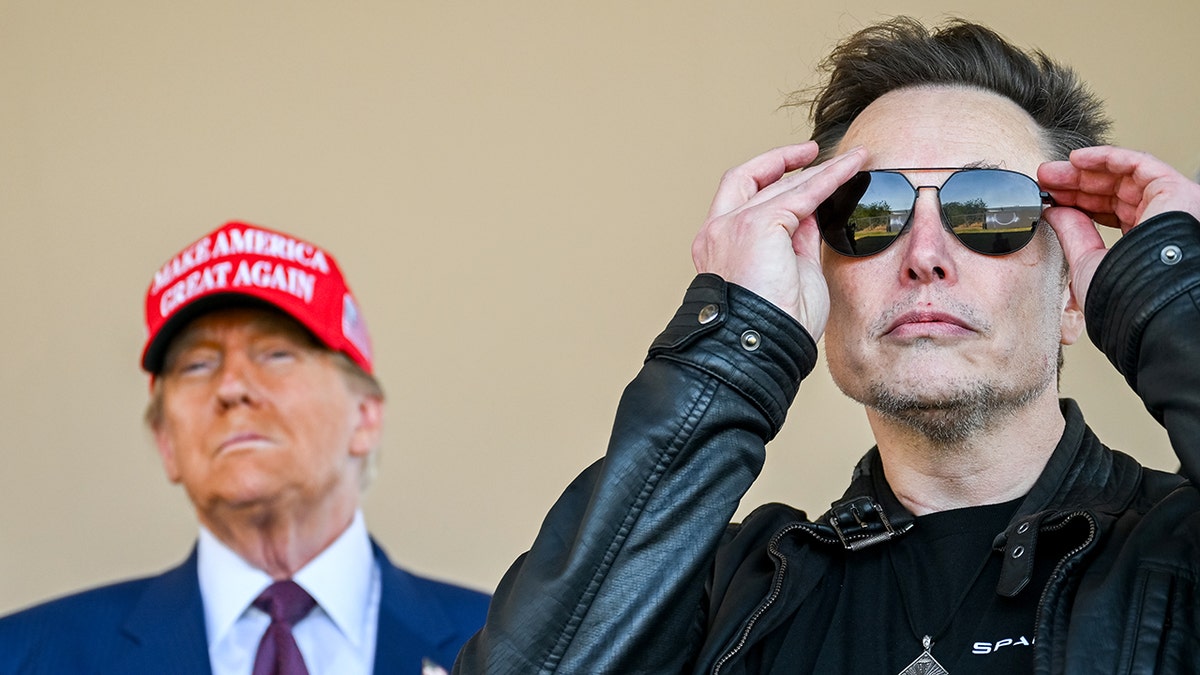Tesla's Stock Decline and Uncertain Future

Introduction
Tesla’s stock is experiencing a sharp decline after a disappointing earnings call and a series of controversies surrounding CEO Elon Musk. The company’s stock price has dropped by over 10% in the past week, causing many investors to question the future of the electric car maker.
Key Details
Musk’s bold promises and unconventional behavior have been a driving force for Tesla’s success in the past. However, it seems that this is no longer enough to appease investors. The recent earnings call revealed that the company fell short of its production goals, causing concern about its ability to meet demand. Additionally, Musk’s recent behavior and tweets have sparked controversy and led to investigations by the SEC.
Impact
The negative sentiment towards Tesla and Musk has had a significant impact on the company’s stock price. In addition, the decline has also raised questions about the future of the company and its ability to compete in the highly competitive electric car market. Many investors are now questioning whether they should hold or sell their Tesla stock, as the company’s future seems uncertain.
About the People Mentioned
Elon Musk
Elon Reeve Musk, born on June 28, 1971, in Pretoria, South Africa, is a prominent entrepreneur and business magnate known for founding and leading several transformative technology companies. He holds dual citizenship in Canada and the United States and earned bachelor's degrees in physics and economics from the University of Pennsylvania in 1997. Musk began his entrepreneurial career in the 1990s by co-founding Zip2, a software company, and later X.com, which evolved into PayPal, an online payment system acquired by eBay in 2002. In 2002, Musk founded SpaceX, a pioneering aerospace manufacturer and space transport services company, where he serves as CEO and chief engineer. SpaceX is notable for its advancements in reusable rocket technology and commercial spaceflight. In 2004, he joined Tesla Motors as an early investor and took on the roles of CEO and product architect in 2008, driving the company to the forefront of electric vehicle manufacturing. Musk also co-founded Neuralink in 2016, focusing on neurotechnology, and founded The Boring Company in 2017, which develops tunneling and infrastructure projects. In 2015, Musk co-founded OpenAI to promote artificial intelligence research but later left due to differences in vision, subsequently founding xAI. In 2022, he acquired the social media platform Twitter, rebranding it as X in 2023, and has been involved in various business and political activities, including a brief advisory role in the Trump administration's Department of Government Efficiency in early 2025. Musk is recognized as one of the wealthiest individuals globally, with an estimated net worth of $500 billion as of October 2025. His career is marked by significant influence across sectors including space exploration, electric vehicles, AI, social media, and infrastructure development, with ongoing legal and regulatory scrutiny related to his business practices and investments. He is also known for his complex personal life, including fathering 14 children[1][2][3].
About the Organizations Mentioned
Tesla
Tesla, Inc. is a pioneering American electric vehicle (EV) and clean energy company headquartered in Texas, with a mission to accelerate the world’s transition to sustainable energy[1]. Founded in 2003 by engineers Martin Eberhard and Marc Tarpenning, and later joined by Elon Musk, who became the company’s driving force and public face, Tesla has grown from a niche startup into a global leader in EVs, energy storage, and solar technology[1]. ## What Tesla Does Tesla designs, manufactures, and sells high-performance electric vehicles, including the Model S, Model 3, Model X, Model Y, Cybertruck, and the upcoming affordable model[4]. Beyond automobiles, Tesla produces large-scale battery storage systems (Powerwall, Powerpack, Megapack) and solar energy products (Solar Roof, Solar Panels), aiming to create a fully integrated sustainable energy ecosystem[1]. The company operates six massive, vertically integrated factories across three continents, employing over 100,000 people who handle everything from design to service in-house[1]. ## History and Key Achievements Tesla’s breakthrough came with the 2008 launch of the Roadster, the first highway-legal all-electric sports car. The company then disrupted the auto industry with the Model S sedan (2012), which set new standards for EV range and performance. The Model 3, introduced in 2017, became the world’s best-selling electric car, proving that EVs could be both desirable and mass-market[1]. Tesla’s Gigafactories, sprawling production facilities, have enabled rapid scaling and cost reductions, while its proprietary Supercharger network has addressed range anxiety for drivers. ## Current Status and Notable Aspects In 2025, Tesla continues to dominate the EV market, producing over 447,000 vehicles and delivering nearly 497,000 in Q3 alone[5]. The company has avoided over 20 million metric tons of CO₂
SEC
The **Securities and Exchange Commission (SEC)** is a U.S. federal regulatory agency established in 1934 to restore public confidence in the capital markets after the 1929 stock market crash. Its core mission is threefold: **protect investors, maintain fair, orderly, and efficient markets, and facilitate capital formation**[2][4][6]. The SEC enforces federal securities laws and regulates key market participants, including securities exchanges, brokers, dealers, investment advisors, and mutual funds. It requires companies offering securities to the public to disclose truthful and comprehensive information about their business and investment risks. It also oversees market intermediaries to prevent fraud, insider trading, and market manipulation[1][3][6]. Over time, the SEC’s role has evolved to address changing market dynamics and technological advances. It now provides investor education, facilitates capital formation especially for small businesses and fintech firms through initiatives like the Capital Raising Hub and FinHub, and actively engages in rulemaking with public input[1][6]. The SEC is led by five presidentially appointed commissioners and operates multiple divisions and offices, including a dedicated Division of Enforcement responsible for investigating violations, pursuing administrative actions, and litigating cases in federal courts[3]. It also supports whistleblowers who report fraudulent activities[1]. Notable achievements include developing comprehensive regulatory frameworks such as the Securities Act of 1933 and the Securities Exchange Act of 1934, pioneering investor protection laws, and adapting regulations to new challenges like digital asset markets. The SEC's enforcement actions and policy leadership have been crucial in maintaining market integrity and investor trust in U.S. financial markets[2][7]. Currently headquartered in Washington, D.C., the SEC continues to be a pivotal institution in U.S. financial regulation, balancing innovation with investor protection to uphold the stability and efficiency of the capital markets[5][6]. Its commitment to transparency, fairness, and accountability makes it a key player for business and technology news audiences interested in market oversight an















